For every crystal start-up company, the day will come when you buy your first crystal product in a foreign country or when a client from another country buys a product from you. That day you have to start dealing with import/export procedures and for that, you will need incoterms.
Import/Export like a PRO: What you need to know
Connect with the author on LinkedIn:


Incoterms & Crystals
Incoterms® are internationally recognized terms that clarify the tasks, costs, and risks for buyers and sellers in transactions. Although there are many different Incoterms, only 4 of them are the most used ones:
EXW – ExWork
In general terms: a company’s product catalog normally contains EXW prices, meaning the price of the product itself.
With an EXW Incoterm, the seller is simply required to deliver the goods to the buyer at a named place of delivery which is usually the seller’s place of business, but can be any particular location such as a warehouse, factory, etc.
The only other service included in this price is the packaging of the product. In this case, it is the buyer who organizes the pick-up at the sellers’ location, who takes charge of export customs procedures, transport, import customs procedures, taxes in both locations (country of origin and destination country) as well as transport to the location of the buyer.
DPU – Delivered at place unloaded
DPU is at the other extreme. DPU is the incoterm most frequently used for small packages and aerial express delivery. In this case, the seller is in charge of all customs procedures in both countries as well as the entire transportation from the sellers’ location to the buyers’ location, including the unloading of the goods from the transport vehicle.
There are only two responsibilities of the buyer:
-
It is the buyer who has to carry the importation tax imposed by the destination country’s customs office.
-
Also, the seller has no obligation to include insurance against loss or damage, which is an important point to consider.


So, what about importation tax?
DPU does not include importation taxes. That is because, for a seller in another country, it is impossible to foresee the customs officers’ decision about how high the importation tax is going to be.
Interestingly in all countries around the world, it is the individual customs officer who makes a case-by-case decision about the importation tax. So even if you import always the same product, the tax you have to pay might be different each time (which is a topic for another newsletter).
Given this problem, it would be unreasonable to ask the seller to cover such unforeseeable costs. How would he price them into a sales price?
So even if you order DPU you will get charged import tax by your country’s customs, additionally to the cost of DPU which is charged to you beforehand by the seller.
And by the way, “shipping is free” does not exist, of course. Shipping costs are always factored into the sales price.
Insurance
DPU does not include an obligation for the seller to contract insurance.
Also, in general, when buying wholesale from a seller in another country, you would rarely be able to claim refunds for damaged goods or send an unwanted product back. While this is a standard in national retail sales, international wholesale is unlikely to provide this option.

Even if a wholesaler claims that he would refund you, if you send the damaged or unliked product back, international shipping most likely is more expensive than the refund you could get.
In the light of not being able to get a refund, it is wise of you to contract insurance, because the handling of packages in international transport is not a careful one. Packages will be tossed and thrown by shipping agents and even the best packing from a responsible seller will not be able to guarantee arrival without damage.
If you hire insurance, make sure that it covers 100 percent of damages that occurred as well as the loss of packages (insurance will be treated in detail in another newsletter).
A caveat:
One should be aware of the fact, that no insurance in the world includes damages that occur during customs revisions. Although rare in air express shipping, sometimes customs officers in the country of origin or the country of destination decide to review the package, which most often results in damages. Customs officers tend to unpack without care, then they leave it to the shipping agent to re-pack.
Honestly, these shipping agents work under time pressure and without knowledge of how to pack crystals. So you can imagine, that’s not going to work and damage or even destruction is guaranteed. No insurance in the world does cover this.
We often work with DHL as a shipper, which is an expensive shipping service in comparison with UPS. However, we had several cases of damages by customs and so far the DHL insurance always covered such cases even if its officially excluded. As an international buyer, you need to decide if you want to go safe, pay more, and incorporate that into your pricing, or run the risk of huge losses by using a cheaper shipping service with less good customer service.
How WE deal with it:
If you see prices in our wholesale catalog, they are EXW prices, no shipping included. Once you choose all the products you want, we normally offer to quote DPU for you. This means we calculate the total weight of all your products and get a quote from an international shipping agent like DHL or UPS. Then we provide a quote that includes product and shipping costs (DPU).
However, as a company policy, we go further than DPU. When we quote shipping we automatically include 100% insurance against damage and loss. We do that because if we don’t, clients might falsely suppose that insurance is included, not ask for it, and then we all have a hard time when something happens and the client discovers that the product was not insured because he did not ask for it.
So we turned this on its head: When we ship DPU you have to specifically tell us that you do NOT want insurance (if you want to run the risk involved when saving a few bugs). If not, we add this on top of DPU anyway. In summary, when sending small packages by air we deliver DPU+insurance. We recommend you do the same when shipping goods to your client.


EXW or DPU – whats best?
You might be scared of the idea of dealing with international shipping yourself by choosing EXW, and therefore instinctively favor DPU. Let us think about this again.
First of all, nobody takes care of shipping himself. EXW simply means that the one who contracts the shipping agent is you, not the seller. It is the shipping agent who handles all the stuff for you.
So what is recommendable? Well, it depends…. let me explain:
Companies like Gemrock Peru do export all around the world. We are sending out lots of packages every month. And by doing so, shipping agents like DHL and UPS are giving us a commercial account. Commercial accounts have highly discounted fees. In our case, DHL for example gives us a 60 percent discount from regular airfreight prices and to support our start-up clients we negotiated an even higher discount for small packages of up to 10 kilos.
Nevertheless, that does not mean that DPU hired by us is the cheapest. If YOU buy a lot of crystals internationally (once your start-up has come to a certain size), you can also apply for a commercial account. Depending on which country you are located in, and even if you import packages with a much lower frequency than we do export them, the shipping agent in your country may still give you a better price than the shipping agent of the same company in our country for the exact same service.
That is because Peru is a very small economy and our export volume as a nation is much smaller than the import volume of the USA, EU, England, Australia, Canada, and many other countries. And when the economy of a country and its total export or import volume is bigger the same service becomes cheaper.
In summary: if you buy from a foreign country wholesaler, never forget to make sure your goods are insured and always check the total price of DPU versus EXW + hiring shipping on your side, to find the cheapest option for the same service. And never forget, (no matter what you choose) import taxes will be always charged to you.


What does this mean for your retail sales?
You might decide to factor national shipping costs into your price and offer “shipping included”. In this case, your website or catalog will not show EXW, but DPU (or DPU+insurance) prices.
In case your client is from another country, however, national shipping calculations would not cover the much higher international shipping costs. Retail clients can’t be bothered with organizing their shipments themselves. You most likely will have to get a commercial account with a shipping service for export and charge your customer DPU.
In this case, we recommend to include insurance without even asking. Customers tend to want to save a bug and if you ask, they will tend to not want insurance. Once stuff arrives broken your customer might not react reasonably, by understanding that he did not hire insurance. So save yourself the trouble and hire insurance anyway (DPU + insurance). Also always make your client aware of the fact that customs duties will be charged to him (if they apply).


Some advice for big fish
(your future)
As your business keeps growing at some point you will get to the size of buying your products with sea freight. To be clear, sea freight from Peru starts at 500 kg (0.5 tons), not less and it goes up to an entire container (30 tons). Once you are at that level, shipping costs may drop to a few cents of a dollar per kilo for shipping your goods around half the planet, but of course, shipping also takes 30 to 90 days.
For sea freight (in additional to the option of EXW and DPU) you may also decide to buy FOP or CIF.
FOB Incoterm (Free on Board)
Under the FOB Incoterm, the goods are deemed to be delivered by the seller to the buyer when they are delivered on board the ship nominated by the buyer at the named port of shipment or the seller procures the goods so delivered.
Meaning: FOB includes the product, the packaging, the customs procedures of export, and the delivery to the ship.
Therefore, the risk of loss/damage to the goods is shifted onto the buyer once the goods are placed on board the ship. The seller shall clear the goods for export, not import.
CIF Incoterm
(Cost, Insurance + Freight)
Under the regulation of the CIF Incoterm, the goods are to be delivered to the port of destination. The seller must bear all costs related to unloading at the port of destination resulting from the contract of carriage unless agreed otherwise.
The seller must clear the goods for export, not import. CIF includes insurance covering the buyer’s risk of loss of/damage to the goods from the port of shipment to, at least, the port of destination. It does not include insurance against damage for the final leg of transport from unloading in the port of destination and transport to the buyers’ location.
Neither FOP nor CIF does include costs of customs clearance or transport to the buyers’ location.
A final Tip:
When wholesale gets to these quantities it is recommendable that both, seller and buyer check out prices with different shipping agents and decide together what is the best option.
In ocean shipping, prices do not depend on a country’s economy. There are no fixed price calculations or price tables. Each shipping contract is an independent negotiation with the shipping agent. Often price differences between different shipping agents can be more than 1000 USD for the same service and the same quantity. All depends on the capacity of the shipping agent to consolidate your load into a container, and how desperate the shipping agent is to get your contract (how much money he wants to earn). So don’t accept the first offer, ask several shipping agents, and play them out against each other. Have fun negotiating.
Also, be aware: sea freight shipping agents are very slow in answering quoting requests and if you are not hiring an entire container but just half a ton they might even ignore your request completely – you are still too small a fish. In the best of cases, you might need to wait days to get an answer and have to insist many times to get one at all. Customer service of shipping agents all around the world is not what we all dream of. So if you find a good one, stick with him, and for the rest: just be patient. – Welcome to international trade.


You can buy our finished top-quality cabochons for jewelry makers.
National and international shipping from our US-based warehouse.



Gemrocks´ Startup Support
Starting a crystalshop (online or physical) is not easy – we know. But we believe in you and we have your back, because your success is ours.
We support startup companies with lower shipping prices. You can order without minimum amounts. We offer “Buy now, Pay later” agreements, as well as intensive business coaching.
Shop your crystals & jewelry NOW
NATURA MINERA
Achetez vos cristaux Gemrock, produits en cristal et bijoux à Québec
GEMROCK CANADA
Online retail shop of ethical, top-quality crystal specimens, jewelry, and jewelry-maker accessories like cabochons, silver chains, silver wire, and charms. Exports to USA.
Gemrock Peru - Tienda
Venta de cristales naturales, piedras talladas y joyería de Gemrock en Peru a nivel nacional.
Free Gemrock Learning Resources
Free Gemrock Learning Resources
Connect wherever you want and can
Connect wherever you want and can
Stay in touch wherever you want and can!
Just click the icons!
FREE CONTENT RESOURCES
FREE CONTENT RESOURCES & PERSONAL CONNECTION
SOCIAL NETWORKS
Get in Touch
+51 994104206
gemrockinternational@gmail.com
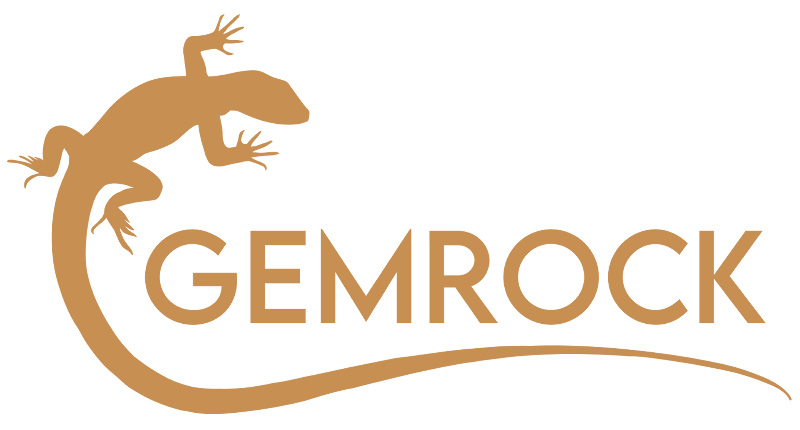
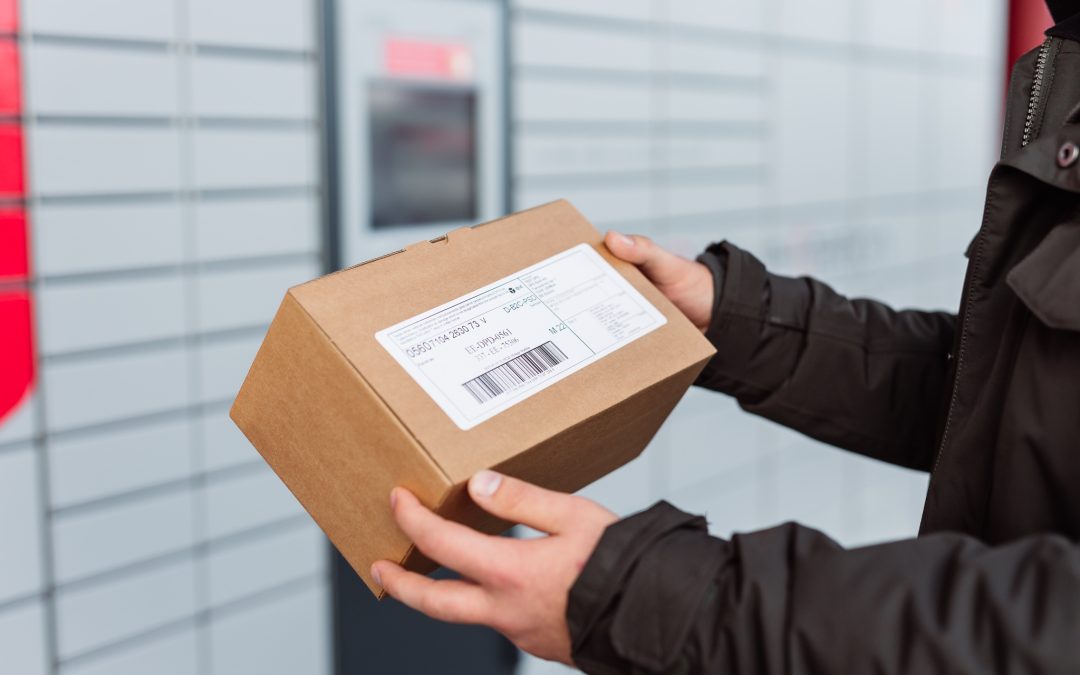
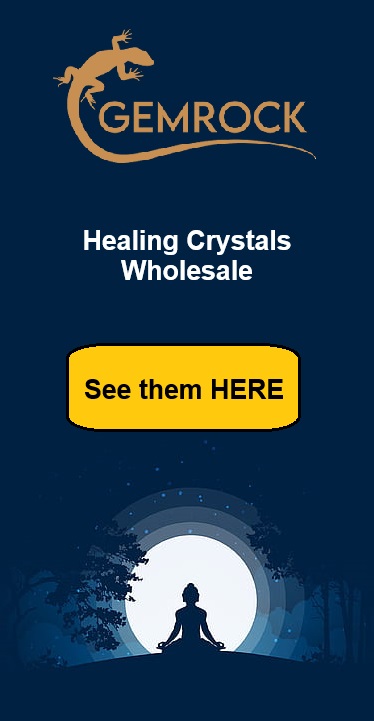

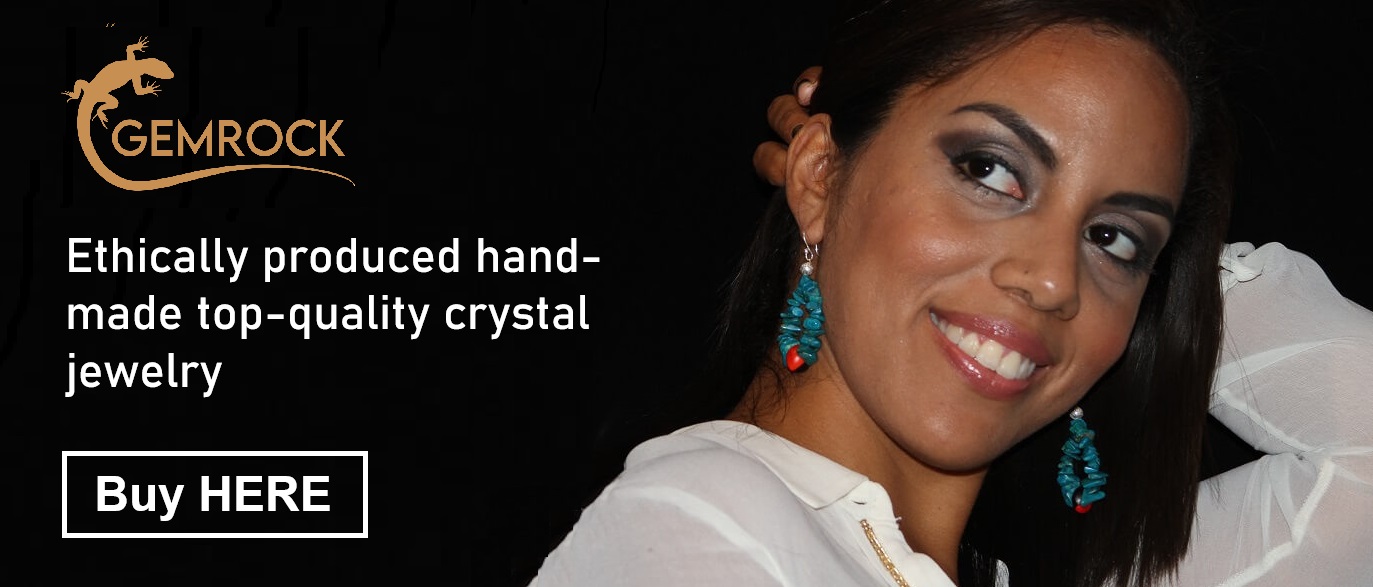

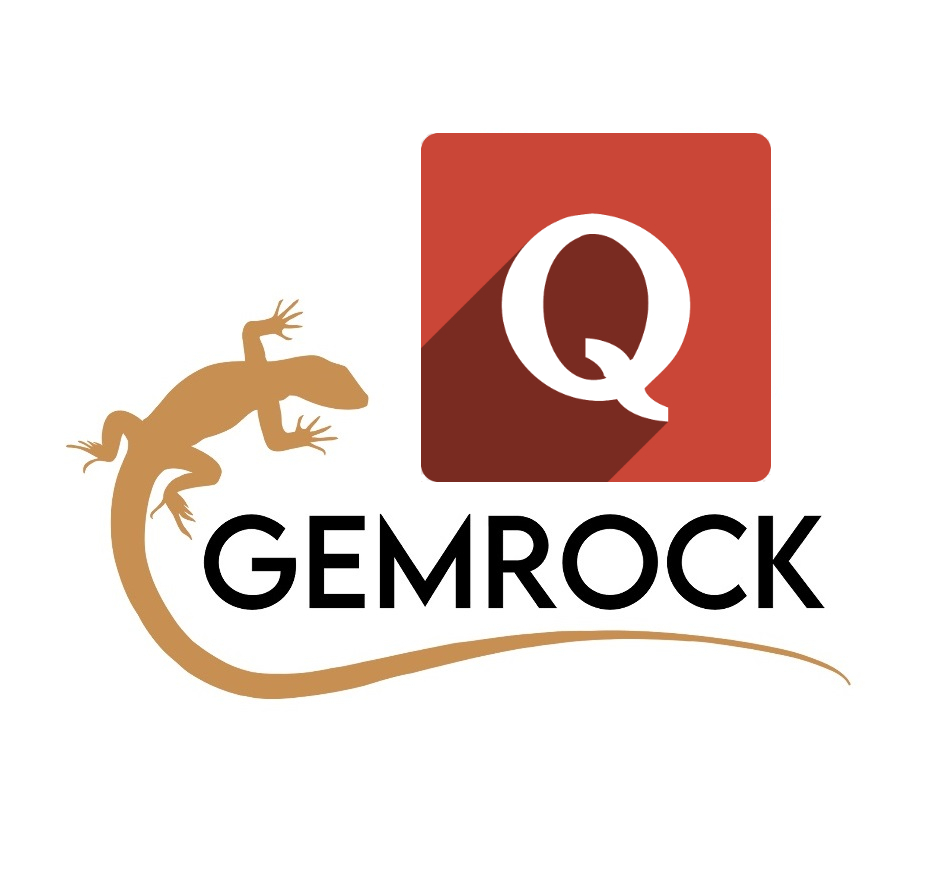






















Recent Comments